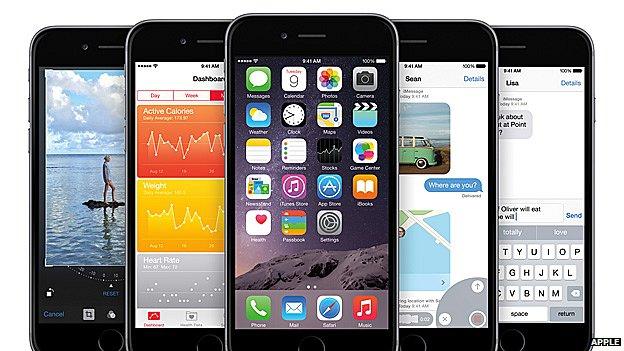By Hugh Pym
Big things are happening in healthcare.
Personalised medicine is becoming a reality.
Just as high speed broadband and smart phones have empowered consumers in retailing and banking there is talk of the same happening for patients in medicine.
All this offers exciting opportunities for BBC News. Our health news offering can reflect and benefit from the big leaps forward in the world of medical technology.
The business of health in the UK is flourishing. The UK is now the top destination for fundraising by life sciences companies, ahead of Switzerland, France and Germany. A report for the BioIndustry Association showed there were 460 biotech drugs under development in the UK, up 15% on the previous year. The so-called "golden triangle" of London, Oxford and Cambridge has the largest concentration of life science brainpower of any leading economy - with rival academic clusters geographically more widely spread.
As biotech companies grow, so too do start-up ventures creating apps to help people monitor everything from pulse to sleep patterns. NHS England has launched an apps library to help people find appropriate programmes to monitor their health. Opportunities for patients and app developers are opening up rapidly.
News has a part to play in explaining how health technology is developing
Health monitoring in the home, using wristbands, laptops and smartphones, offers the potential to change the face of healthcare. Sir Bruce Keogh, medical director for NHS England, told me in an interview that "the hospital of the future is in the home". Sir Bruce raised the possibility that in a couple of decades time people will wonder why previous generations paid for large buildings with beds in them.
BBC News has a part to play helping people chart their way through this fast-changing but potentially confusing world. Explaining what's available, perhaps even providing health apps, opens up interesting possibilities. Just as genomics is developing a new world of tailored treatments rather than single drugs or therapies for patients of cancer or other diseases, so consumers may expect more individually relevant health news.
The NHS is looking to make better use of constrained resources at a time of rising demand for care because of the growing and ageing population. There are major challenges as budgets are stretched. Technology is no panacea but the NHS sees it as a potential source of greater efficiency across the service.
Consumer interest in health news is always high. So too technology. With the two fields converging, the appetite for information can only intensify. The BBC health offering can play an important part and rise to the challenge.




Post a Comment